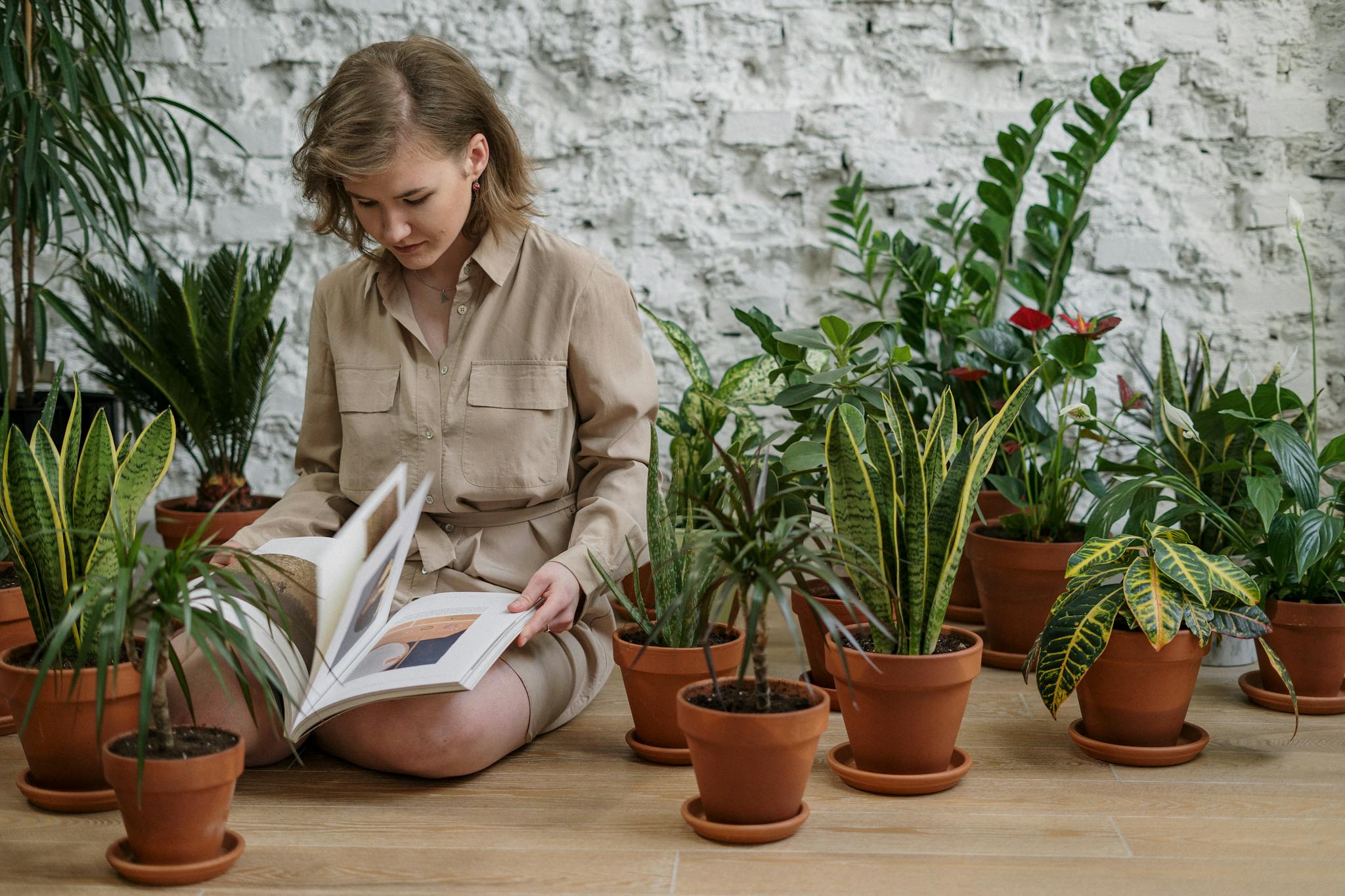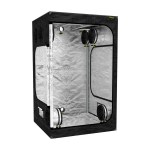Parsley is a versatile herb that thrives in hydroponic systems, offering growers fresh, flavourful leaves year-round. This guide will walk you through the process of cultivating Hydroponic Parsley in a soilless environment.
Seed Germination
- Soak parsley seeds in warm water for 24 hours to improve germination rates.
- Use rockwool cubes or peat pellets as a seed-starting medium.
- Maintain temperature around 70-75°F (21-24°C) for optimal germination.
- Expect seedlings to emerge in 14-21 days, as parsley is slow to germinate.
- Purchase your seeds here
Seedling Care
- Provide 14-16 hours of grow lights daily for healthy seedling development.
- Maintain humidity levels around 60-70% to prevent damping off.
- Begin feeding with a dilute hydroponic nutrient solution when true leaves appear.
Transplanting to Hydroponic System
- When seedlings have 2-3 sets of true leaves, transfer them to your hydroponic setup.
- Nutrient film technique (NFT) and deep water culture (DWC) systems work well for parsley.
Nutrient Solution Management
- Use a balanced hydroponic fertilizer with an EC of 1.0-1.8 mS/cm.
- Maintain pH between 5.5-6.5 for optimal nutrient uptake.
- Change the nutrient solution every 1-2 weeks to ensure fresh nutrients.
Popular Grow Tent Sizes and Their Applications
Grow tents come in various dimensions to suit different needs:
- 24x24x60: Perfect for 4-6 medium-sized plants or multiple smaller varieties
- 24x48x60inch: Suitable for 6-8 plants, depending on size and growing method
- 33x33x72inch: Great for larger crops or mixed plant varieties
- 48x48x10inch: Commercial-grade size for serious home growers or small-scale operations
Remember, height is crucial. Most plants need at least 5-6 feet of vertical space for optimal growth and equipment placement.
Light and Environmental Control
- Provide 12-14 hours of light using LED grow lights or fluorescent lamps.
- Keep temperature between 60-70°F (15-21°C) for best growth.
- Ensure good air circulation to prevent fungal diseases and promote strong stems.
Pruning and Harvesting Hydroponic Parsley
- Begin harvesting when plants reach 6-8 inches tall.
- Cut outer stems first, leaving the centre to continue growing.
- Harvest up to 1/3 of the plant at a time for continuous production.
Pest and Disease Management
- Monitor for common hydroponic pests like aphids and spider mites.
- Maintain proper spacing and air circulation to prevent powdery mildew.
- Consider using neem oil or insecticidal soap for organic pest control.
Variety Selection
- Choose between flat-leaf (Italian) and curly parsley varieties.
- Flat-leaf parsley often has a stronger flavour and is preferred for cooking.
Flavour Enhancement
- Slightly reduce nutrient strength before harvest to intensify flavour.
- Harvest in the morning when essential oils are most concentrated.
Hydroponic System Maintenance
- Clean and sterilize your hydroponic system between crop cycles.
- Use hydrogen peroxide to keep the root zone oxygenated and disease-free.
Companion Planting in Hydroponics
- Grow parsley alongside other herbs like basil or cilantro for efficient space utilization.
- Avoid planting near lettuce, as parsley may inhibit lettuce growth.
Extending Harvest
- Prevent bolting by keeping temperatures cool and harvesting regularly.
- Consider succession planting for a continuous parsley supply.
Root Health
- Monitor root health regularly, checking for any signs of root rot.
- Maintain proper oxygenation in the nutrient solution to promote healthy root growth.
Nutrient Deficiency Management
- Watch for signs of nutrient deficiencies, such as yellowing leaves (nitrogen deficiency).
- Adjust nutrient solution as needed based on plant appearance and growth rate.
By following these guidelines, you can successfully grow fresh, flavourful parsley in your hydroponic garden year-round. Remember, parsley is a biennial plant, but it’s typically grown as an annual in hydroponic systems for best quality and yield.




